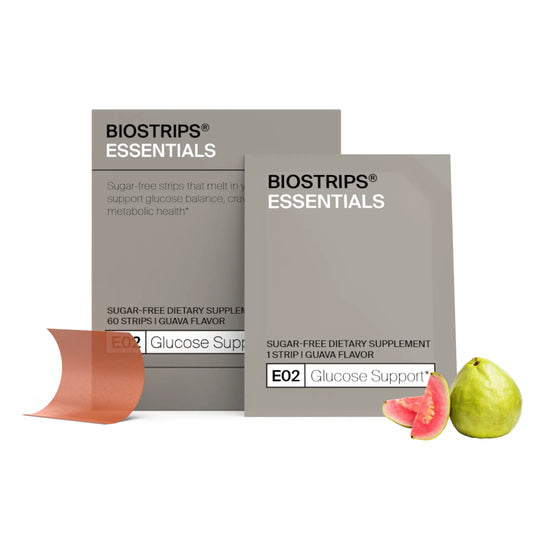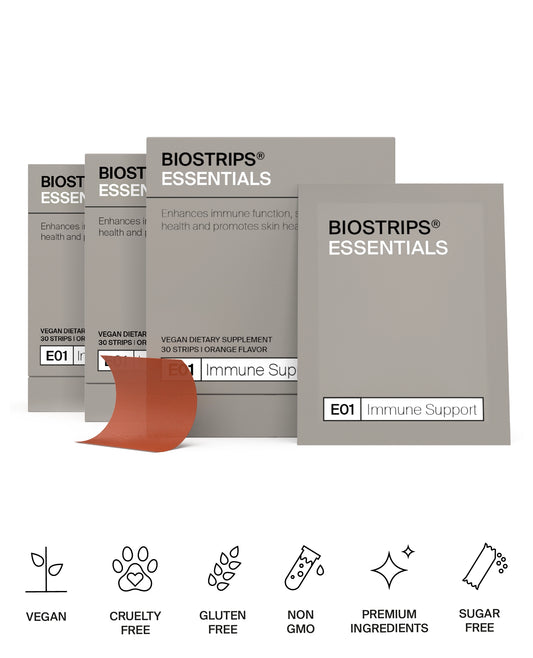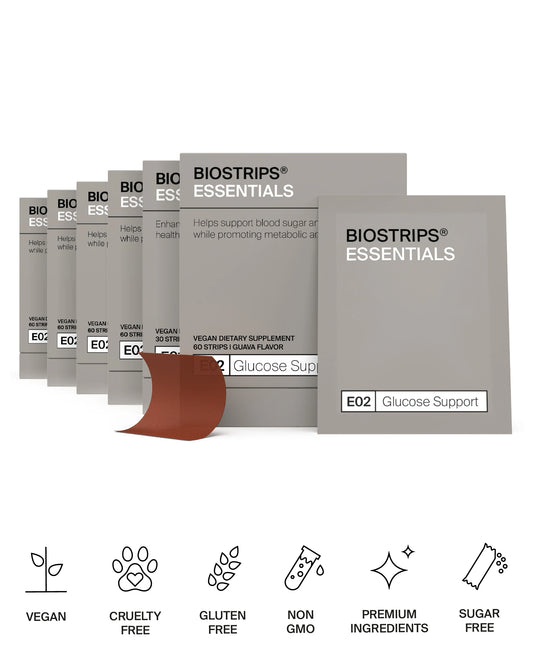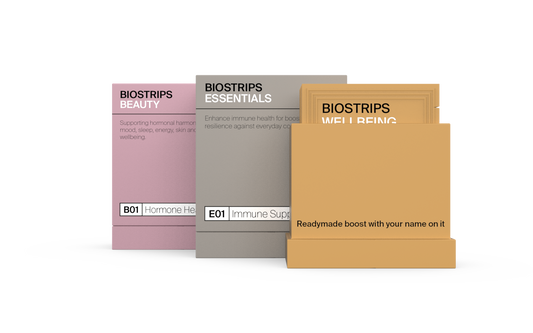The Symptoms of Perimenopause and Natural Solutions to Support Your Body
What is Perimenopause? Perimenopause isn’t just a prelude to menopause — it’s its own chapter in a woman’s life, often beginning in her 40s but sometimes as early as her 30s. And yet, for millions of women, this stage remains misunderstood, misdiagnosed, or ignored. The phrase "your hormones are normal" becomes an all-too-familiar response, leaving many to internalize blame for symptoms like weight gain, mood swings, and crushing fatigue. But let me tell you, it’s not in your head. The tests might be normal, but that doesn’t mean your experience is.
Women in perimenopause often face dismissive medical care, leaving them to feel unseen and unheard. The lack of comprehensive hormone testing during this stage means many suffer without answers. But you don’t have to. By addressing diet, lifestyle, and environmental factors, real change is possible.
Hormonal shifts during perimenopause can wreak havoc, leading to insulin sensitivity, sleep disturbances, and emotional upheaval. This isn’t something you just have to endure. There are strategies — powerful, natural, and proven — that can make a difference. Women deserve to be heard, supported, and empowered with the tools to thrive, not just survive.
The First Signs of Perimenopause often starts subtly — a missed period here, a random hot flash there. For some, mood swings or unexplainable fatigue set in. Recognizing the first signs of perimenopause can make all the difference in managing symptoms early.
Typical Age of PerimenopausePerimenopause most commonly begins between the ages of 40 and 50, but for some women, the shift can start as early as their mid-30s. Genetics, lifestyle, and overall health play a role in how early symptoms manifest. This isn't menopause knocking at your door — it’s a gradual transition that can last for years.
Perimenopause Symptoms and Natural Solutions
The 34 Symptoms of PerimenopausePerimenopause symptoms are as diverse as the women who experience them. From joint pain to anxiety, these signs are the body’s way of signaling change. Here are the most common symptoms:
Irregular periods
Hot flashes
Night sweats
Mood swings
Fatigue
Sleep disturbances
Weight gain
Brain fog
Decreased libido
Vaginal dryness
Joint pain
Hair thinning or hair loss
Headaches
Breast tenderness
Bloating
Anxiety
Depression
Tingling sensations
Dry skin
Memory lapses
Dizziness
Nausea
Digestive issues
Itchy ears
Heart palpitations
Muscle aches
Exhaustion
Insomnia
Joint inflammation
Breast pain
Urinary urgency
Hair growth on the face
Cold flashes
Increased allergies
Natural Solutions for Perimenopause Symptoms
1. Irregular Periods
Support: Vitex (Chaste Tree Berry), Maca root, and Black Cohosh are known to support hormone balance and promote regular cycles.
2. Hot Flashes
Support: Sage, Evening Primrose Oil, and Ashwagandha have been shown to reduce the frequency and severity of hot flashes.
3. Weight Gain and Insulin Sensitivity
Support: Chromium, intermittent fasting, and green tea extract can aid metabolism and support blood sugar balance. Reducose® and Chromax® are also powerful tools for supporting insulin sensitivity and are featured in BIOSTRIPS Glucose Support.
4. Mood Swings and Anxiety
Support: Omega-3 fatty acids, Rhodiola Rosea, and L-Theanine are effective in promoting emotional balance.
5. Fatigue and Exhaustion
Support: Panax Ginseng, magnesium, and B vitamins are essential for boosting energy and reducing fatigue.
6. Sleep Disturbances
Support: Valerian root, Passionflower, and magnesium glycinate can help restore sleep patterns.
7. Brain Fog and Memory Lapses
Support: Lion’s Mane mushroom, Bacopa Monnieri, and Gotu Kola enhance cognitive clarity.
8. Hair Thinning and Hair Loss
Support: Biotin, Saw Palmetto, and collagen strengthen hair and prevent further loss.
Diet for Perimenopause – Foods to Embrace and Avoid
What you eat during perimenopause can either fuel or alleviate symptoms. Diet plays a crucial role in balancing hormones and managing inflammation.
Foods to Embrace:
Leafy Greens (Spinach, Kale): Rich in magnesium, which can help reduce anxiety and improve sleep.
Fatty Fish (Salmon, Mackerel): High in omega-3s that reduce inflammation and promote heart health.
Nuts and Seeds (Flax, Chia, Sunflower): Contain phytoestrogens and healthy fats that help balance hormones.
Whole Grains (Quinoa, Oats): Fiber-rich, aiding digestion and reducing bloating.
Berries and Citrus: Packed with antioxidants and vitamin C, supporting skin health and reducing oxidative stress.
Foods to Avoid:
Refined Sugars and Carbs: Contribute to insulin resistance and exacerbate weight gain.
Alcohol: Can disrupt sleep and trigger hot flashes.
Processed Meats and Fried Foods: Promote inflammation and hormone disruption.
Caffeine: May intensify hot flashes and contribute to anxiety.
The Role of Environmental Toxins in Perimenopause
It’s not just what we eat — it’s what surrounds us. Everyday products like detergents, glade plugins, plastic containers, and personal care products can contain endocrine disruptors.
A Final Word – You Are Not Alone
Perimenopause is not something to battle silently. It’s time for women to reclaim their health and well-being. Through informed choices, natural support, and products like BIOSTRIPS, this transition can become a path to empowerment. Listen to your body, seek out solutions, and remember — thriving through perimenopause is absolutely possible.












